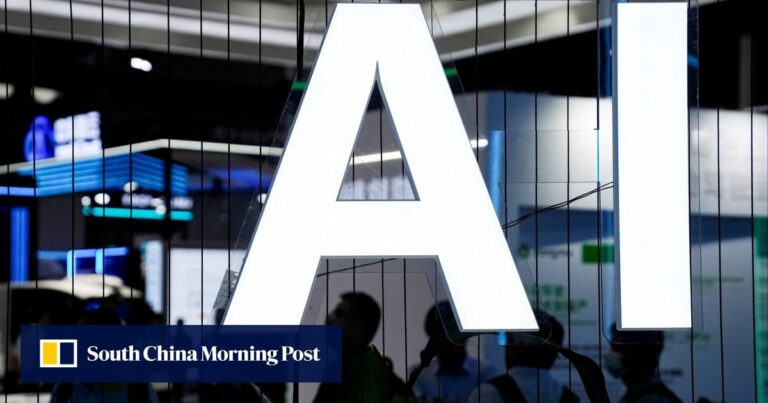Zheng made the remarks in Beijing last Friday on the sidelines of the “Ancient Wisdom and Modern Challenges from Confucius and Aristotle” symposium, co-hosted by Tsinghua University’s School of Advanced Studies in Humanities and Social Sciences, the United Nations Sustainable Development Solutions Network and the Mencius Foundation.
China is drafting its own AI-related laws, and a draft unified law has been submitted for review to the Standing Committee of the National People’s Congress, the country’s top legislative body, according to its annual legislative work plan published in May.
But Cheng said the proposal is still in a very early stage and no timetable has been set for the draft, suggesting no progress is being made.
Cheng said that AI technology is constantly evolving rapidly, so any regulations introduced will be sector- and industry-specific.
At the annual “Two Sessions” meeting in March, business and political elites put forward competing proposals for how to regulate and legislate on AI.
Lou Xiangping, a representative of the NPC and president of China Mobile’s Henan branch, called for the creation of a “systematic legal and regulatory framework” for AI. But Zhang Yi, a member of the Chinese People’s Political Consultative Conference and senior partner at the Beijing office of law firm King & Wood Mallesons, warned that “excessive legal intervention could hinder the healthy and orderly development of AI,” according to Chinese media reports.
Shanghai Jiao Tong University’s Zheng said that given the rapid advances in AI and the potential risks associated with it, China may take a more balanced approach to AI legislation compared to the EU and the US.
“On the one hand, we want to promote the development of artificial intelligence because development is an important topic for China. On the other hand, we don’t want this technology to have large-scale negative effects,” he said.
The EU’s AI law classifies AI systems into unacceptable, high, limited and minimal risk levels, sets out various restrictions and requirements for organizations to develop AI, and also bans techniques that are considered cognitive and behavioral manipulations that are “considered a threat to people.”
Zheng said such a ban would be “highly unrealistic” for China’s tech industry because “AI, including the simplest recommendation algorithms, more or less manipulates human behavior.”
Zheng added that the US has no such laws and no intention to do so because American society encourages innovation and market growth, while the EU, given its relative weakness in the technology sector, has implemented stricter regulations to not only protect individual rights but also restrict dominant US companies.
With the EU taking the lead on AI regulation, the opportunities and risks that AI poses have quickly put the technology on the diplomatic agenda at meetings between major powers.


